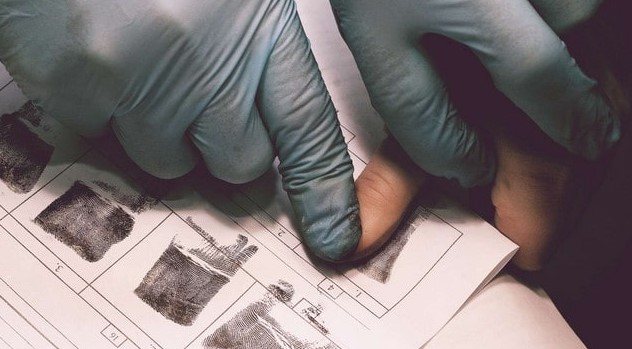Estate planning is an important part of life. It helps ensure that your property passes according to your wishes, provides for your children in the event of your death and allows you to plan for your own care in the event that you become incapacitated.
Without proper estate planning, your assets could be diminished by taxes and court fees or be distributed in ways you would not have wanted. These problems can lead to family disputes.
Estate Planning
Estate planning services in Washington DC are designed to help people organize, manage and distribute their assets after death. These include making a will, setting up trusts to limit taxes, naming an executor and beneficiaries, ensuring funeral arrangements are made, and deciding how much should be given to family members and friends.
The best way to plan for your own estate is to take action now, while you are still in good health. That way you can be sure that your wishes will be carried out and your loved ones won’t be faced with any surprises or misunderstandings.
An effective Estate Plan will incorporate several documents, including a will, a trust, healthcare directives and powers of attorney. These tools all work together to ensure your wishes are carried out exactly as you wish.
Wills
The most important part of your estate plan, a will is a legal document that explains your wishes about how your assets and property are distributed upon your death. It also names the individual responsible for administering your estate and guiding it through the probate process.
Wills and testaments should be drafted by an experienced attorney to ensure that your intentions are followed. They should be crafted to address your specific wishes, including how you want to leave your property to your children, spouse, or other beneficiaries.
Trusts
Trusts are a form of estate planning that allows you to transfer assets outside of probate. They may also help you save money on estate taxes.
In a trust, you transfer assets to a trustee who will manage them on your behalf until you die or become incapacitated. You can also name a successor trustee who will take over management once you pass away or become incapacitated.
A testamentary trust is an option for those who want to leave a certain amount of money to one or more beneficiaries. These trusts are established in accordance with your will and specify when you plan to distribute the assets.
If you are considering a trust, it is important to work with an experienced estate planning lawyer in Washington DC. Our team will take the time to understand your needs and ensure that your plans are based on your individual preferences.
Health Care Directives
Health care directives (also called advance care plans) give you the power to spell out your healthcare wishes and make sure they are carried out. They also relieve family members from making decisions about your health care when you can’t communicate your wishes.
These legal documents alert your physicians and family to the treatments you want or don’t want to receive if you are in a terminal condition, have an advanced disease, or are in a coma. They can help reduce hospitalization and prolong your life.
It is important to complete an advance healthcare directive at the time you are healthy and capable of considering your preferences. It should be signed by you or someone you authorize to sign for you and verified by a notary public or two witnesses.
Powers of Attorney
Powers of attorney are important legal documents that give someone you trust the authority to make financial decisions for you. They are often used to help people in situations like illness, accident, or military deployment.
Creating a power of attorney is a relatively simple process. Start by deciding who you want to appoint as your agent, then create a document that lists the powers you want them to have.
When you are finished, sign and have the form notarized. Most banks and financial institutions employ public notaries, so you can use one to do this for you. You can also choose to hire a mobile notary public to come to your home or office.

